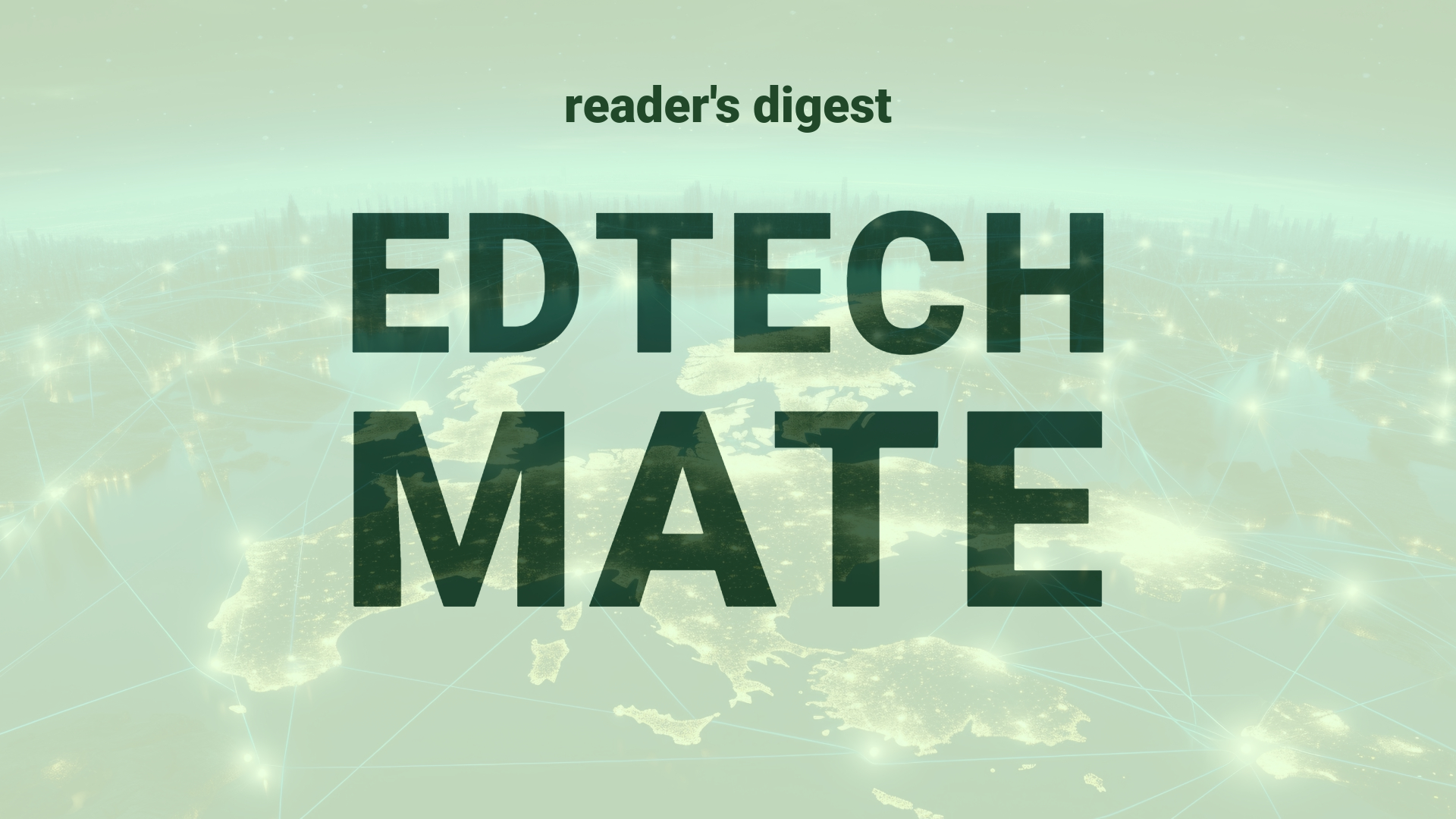“`html
Executive Summary and Main Points
The recent contribution from Tata Consultancy Service addresses the pivotal role of digital transformation in advancing sustainability. Key innovations include leveraging business ecosystems for environmental stewardship, fostering diversity, equity, inclusion, and accessibility (DEIA), and driving business growth through digitization without compromising societal or ecological stability. The trend towards achieving net zero and zero waste goals is especially prevalent.
Potential Impact in the Education Sector
These developments signify profound implications for Further Education and Higher Education sectors. By harnessing digital tools, educational institutions can spearhead sustainable practices and inclusivity. Digitization allows for more efficient resource use and improved reach to diverse student populations. The surge in Micro-credentials, facilitated by strategic partnerships like that of TCS and Microsoft, further demonstrate the sector’s shift towards modular, continuous learning compatible with a digital, eco-conscious framework.
Potential Applicability in the Education Sector
AI and digital tools offer numerous applications in global education systems. AI-driven analytics can help personalize learning experiences, optimize campus operations, and enhance sustainable energy usage. Virtual and Augmented Reality can simulate laboratory and fieldwork for remote learners, reducing travel and associated carbon footprints. Meanwhile, online platforms for Micro-credentials allow for professional development with a minimal environmental impact.
Criticism and Potential Shortfalls
Despite the optimism, the integration of digital transformation in education presents challenges. There may be disparities in access to technology across different regions, leading to an uneven playing field. Ethical concerns also emerge related to data privacy and the potential displacement of traditional education roles. Cultural implications include the potential erosion of campus experience as education moves online. Comparative case studies from international contexts must be examined to understand these dynamics thoroughly.
Actionable Recommendations
To harness these technologies, education leaders should invest in robust IT infrastructure and tailor digital solutions to their unique institutional needs. They should explore partnerships for sustainability initiatives and develop clear metrics for assessing technological impact. Training programs on digital literacy for educators and students are crucial, as is the formulation of policies that address equity and ethical considerations in a digitally transformed educational landscape.
“`
Source article: https://www.cio.com/article/2097572/tcs-and-microsoft-powering-sustainability-through-innovation.html

